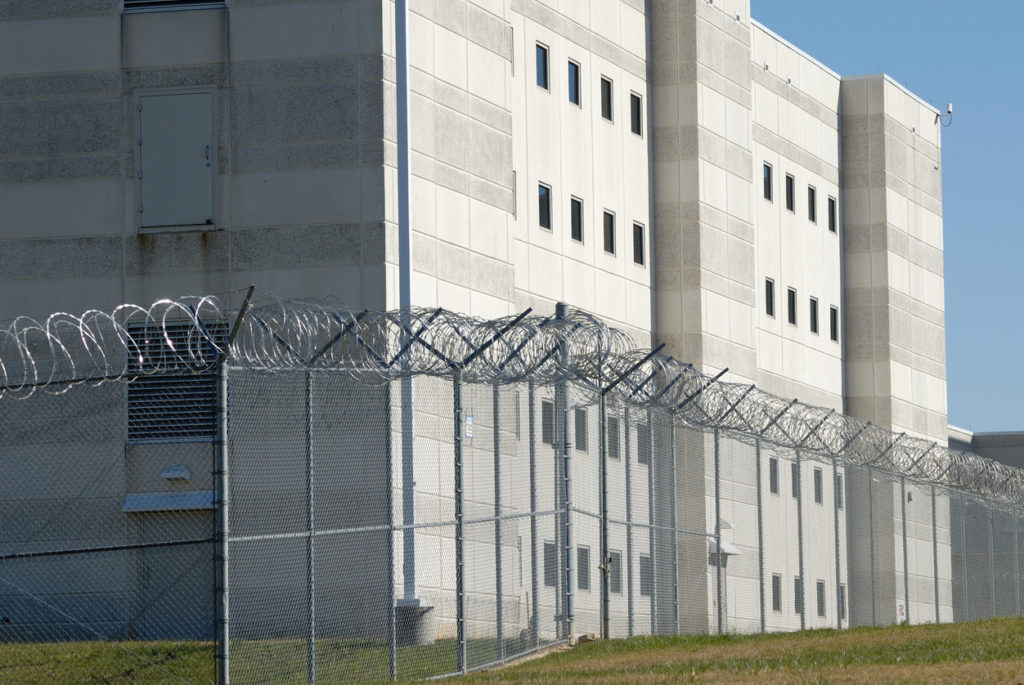Attorney in Texas – Policies are Explored at a Jail With a High Rate of Custodial Suicides – Part 2

Medication Policies Continued
Inmates are able to schedule medical appointments using jail-issued tablets. Scheduling in which inmates are provided with medical care is handled on a priority basis. Emergencies are addressed without delay and low-priority requests can take a couple of days, depending on how heavy the healthcare provider’s patient load is at this jail outside Texas.
An inmate may believe they need a certain medication, but they will not receive it if the medical staff does not agree. The only recourse is to file a grievance on the jail-issued tablet. An official at the jail said he is unaware of instances where any inmate who filed such a grievance later received the prescription.
The jail policy on prescriptions includes a provision in which an inmate may be allowed to have as many as three doses of certain medications but only if the bottle is properly marked. This is also a rare type of incident, according to the jail overseer.
Suicide Prevention
In a process that typically lasts approximately 3 and one-half months, correctional officers at the jail are trained in the Academy on how to prevent custodial suicides. Refresher training is provided for the jail staff every two years on medical issues, recognizing signs of distress, and suicide prevention. The leading authority at the jail said that he would like for the jail staff to receive training of a more robust nature once or twice annually.
See Part 1 and this ongoing series about a jail outside Texas with an alarmingly high rate of deaths, which experts say are mostly preventable suicides.
The posts on this site are all meant as resources of information that might help current and former inmates and their families. It is never intended anywhere on this website to make any sort of implication that impropriety has occurred on the part of an institution or individual.
–Guest Contributor
